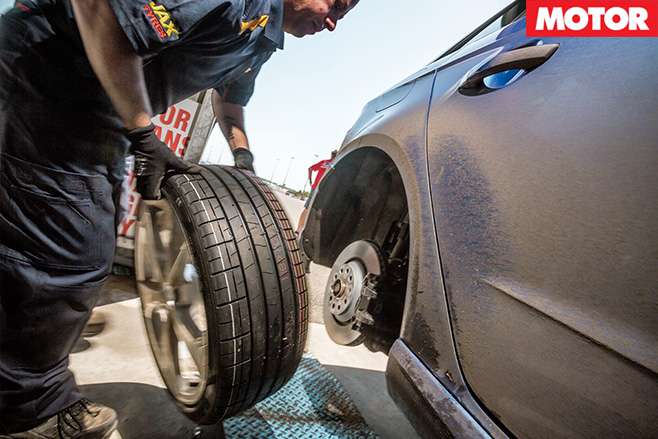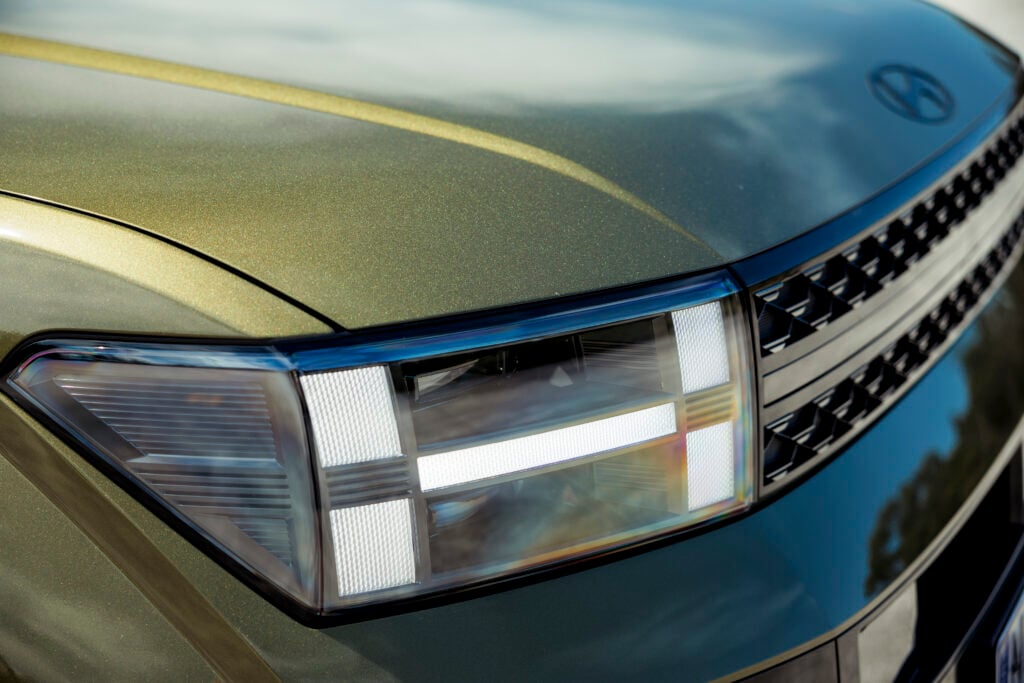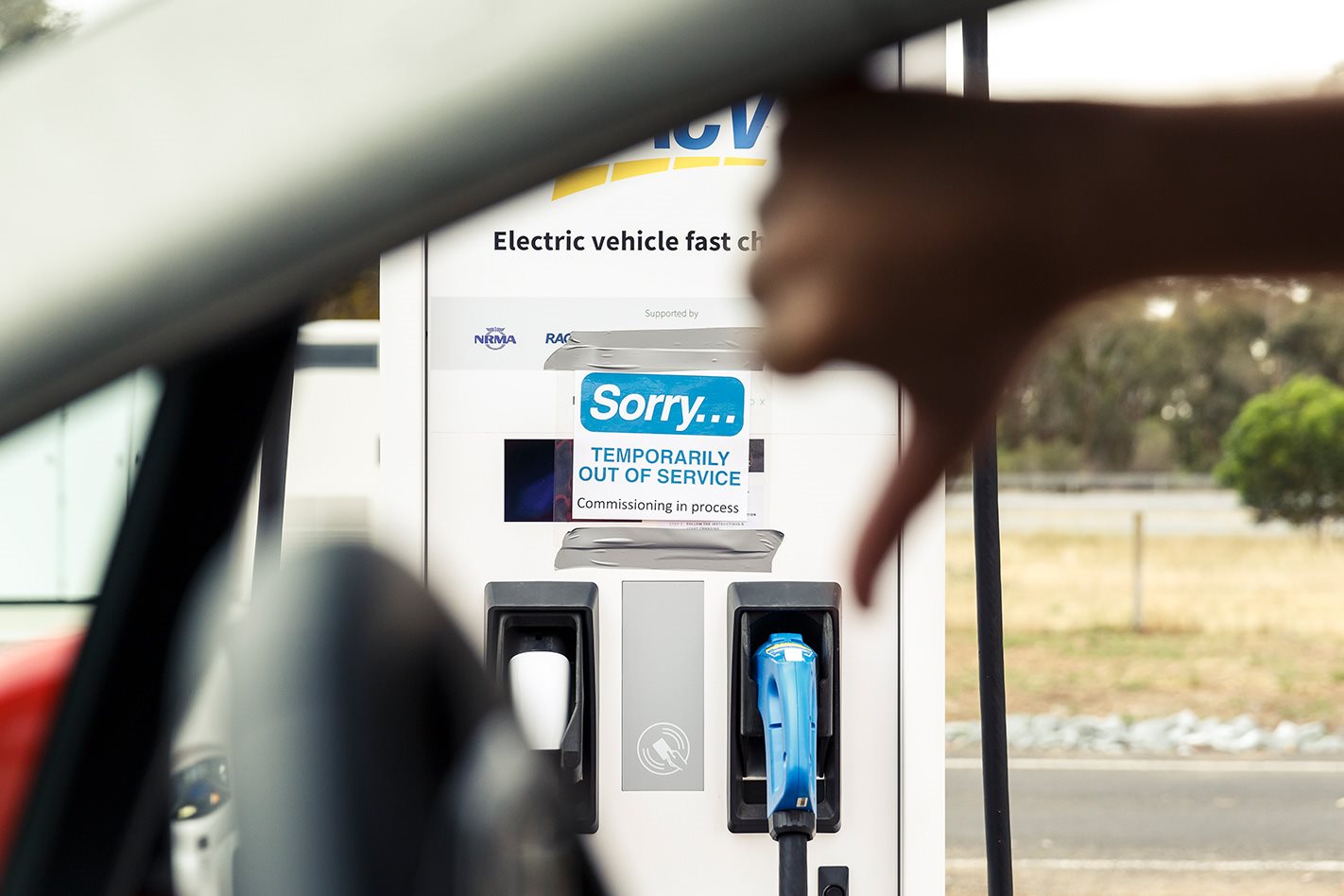
In England, they are guffawing into their haddock and chips, the Germans are laughing their loferl off and the Norwegians nearly choked on their Fårikål, with even the slightest mention of electric cars in Australia.
And even the Americans might soon be chuckling into their cheeseburgers at us, should presidential candidate Joe Biden succeed and make good of his pledge to invest billions of dollars in electric vehicle infrastructure.
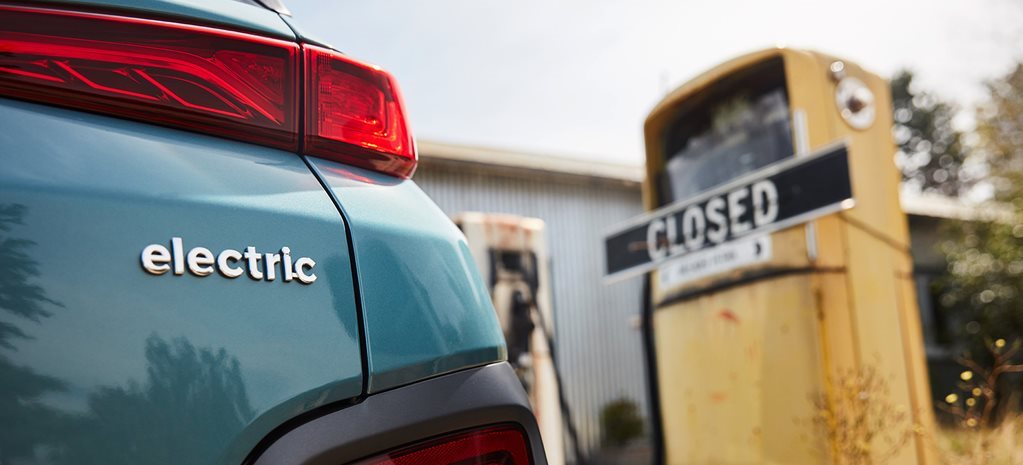
That’s right, while the rest of the developed world is accelerating into an inevitable electric vehicle utopia, Australia has slammed the selector into reverse and is squealing its tyres against the zero-emissions tide. And our bloody-minded resistance is not going unnoticed.
In June 2019 I visited Germany for the first time in four years and was stunned at how much momentum the electric car movement has gained – and it has kept going since.
Nearly 70,000 battery electric vehicles (BEVs) and plug-in hybrids (PHEVs) were sold to Germans in 2018 alone with that figure snowballing since.
In September 2020, there were 21,188 BEVs registered in Germany, triple the number in September 2019. BEVs now make up 8.0 percent market share of German car sales, with PHEVs making up another 7.8 percent – Germans are expected to purchase 300,000 PHEVs this year, double the initial forecast.
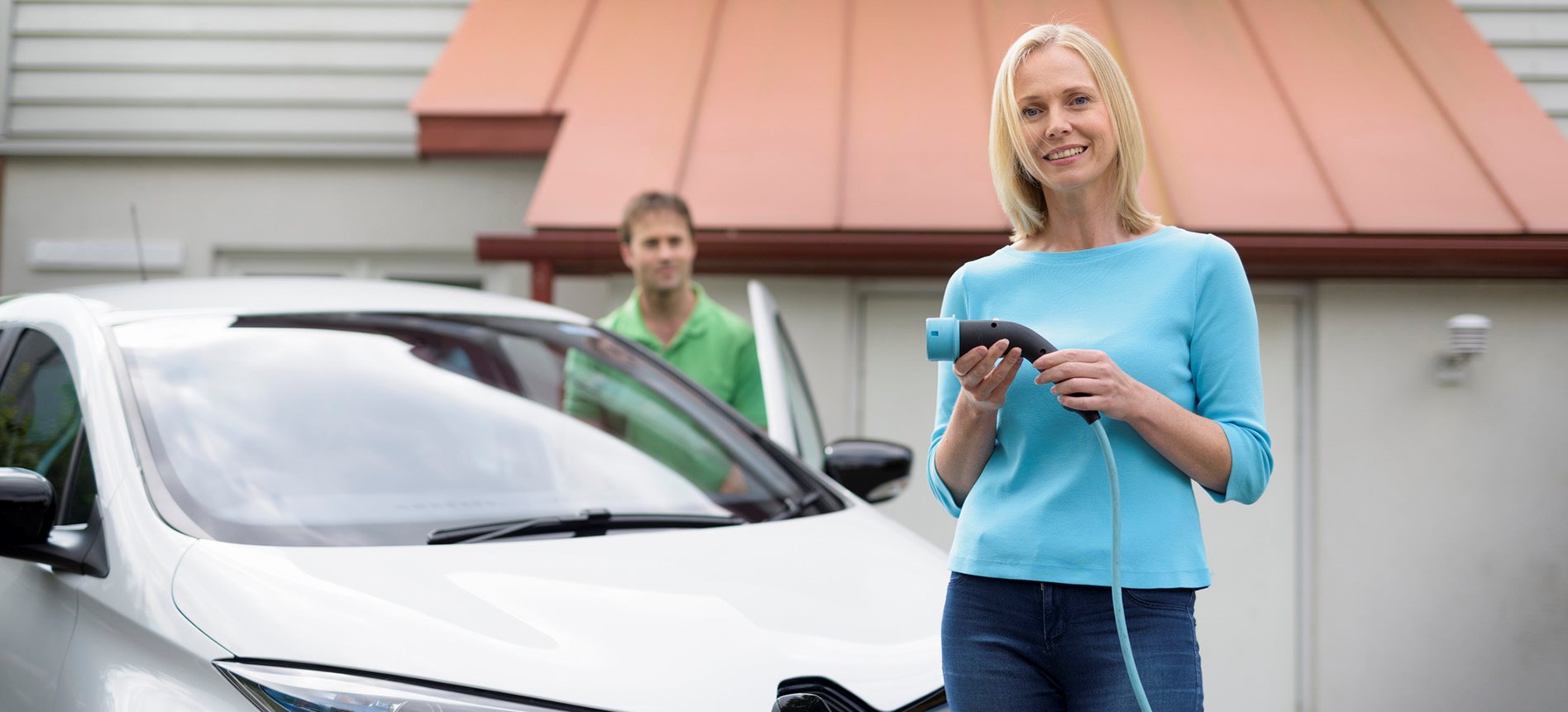
In 2018 there were 12,000 public charging stations in Germany, by March 2020 there were 27,730 with the German government set to provide funding for all petrol stations to have charging points as part of its 130 billion euro ($146 billion) economic recovery plan. And those stations will be buzzing with green energy thanks to 50 percent of the nation’s electricity now being produced from renewable sources.
Compare all this with the Australian Federal Government’s 2020/2021 Federal Budget that included money to upgrade a coal-fired power station in New South Wales, and A$52.9 million expanding Australia’s gas industry while allocating a measly A$5 million for electric vehicles.
Cultural cringe
Each time I saw another public charging socket at a shopping centre, tourist spot or service station I sank a little lower in my seat, hoping no one would notice I am from one of the most archaic and antiquated nations when it comes to the adoption of alternative energy.
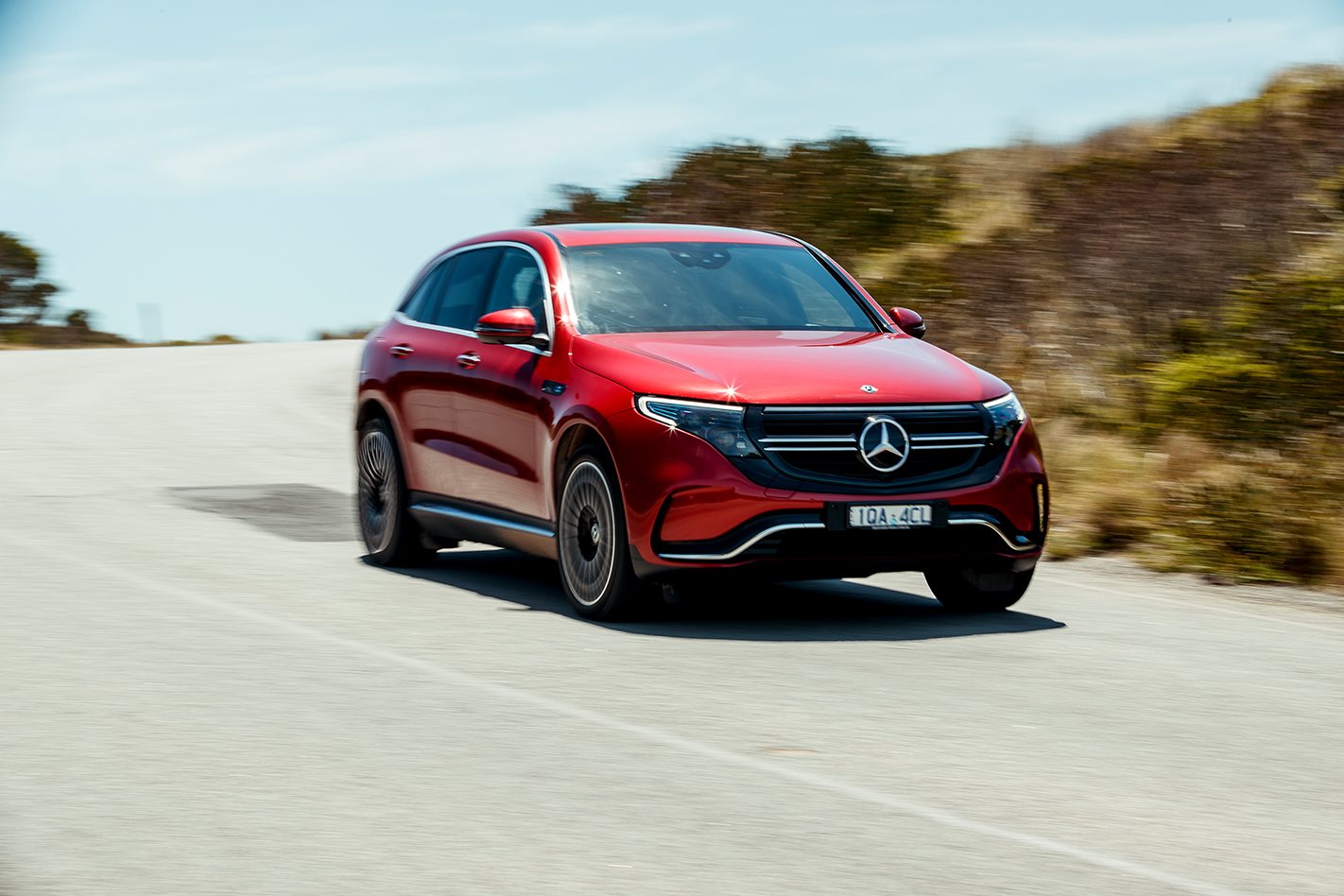
And notice they do. Australia may have the luxury of geographic isolation but the belligerence that it sometimes breeds does not stop the rest of the world taking an interest in the way we do transport. Actually, it’s more morbid fascination than plain interest.
Get chatting to a German and, regardless of their political inclination, they simply won’t believe why we are so opposed to electric vehicles and gorging ourselves on fossil fuels. And when you see just how feasible Germany makes the transition to electric cars appear, you probably wouldn’t either.
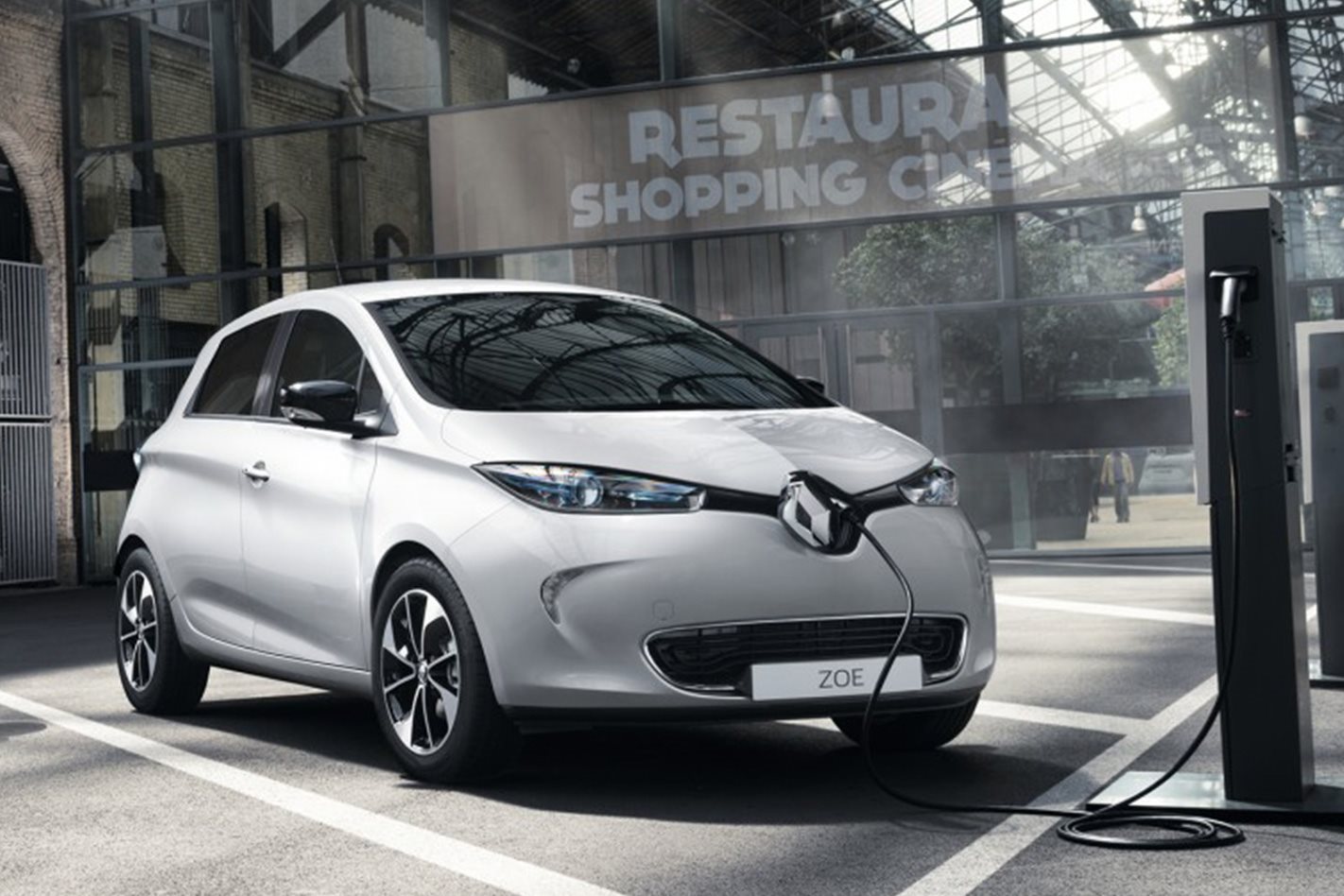
What seems like an insurmountable achievement for Australia even if it changed its attitude tomorrow is only a start for Germany. Battery storage and smart grid capability are being rolled out to public charging points, taking the pressure off energy infrastructure, charging infrastructure incentives will continue to grow the network, and government incentives will encourage more drivers to make the switch to EVs.
Want more? German EV owners are not charged motor vehicle tax on their EV for 10 years and charging it at work is not regarded as a taxable fringe benefit. That’s a whole lot of reasons to go electric.
If you are one of the many Australians that believe electric cars won’t work, then I am afraid you couldn’t be more wrong. The number of example nations that prove its feasibility now far outweigh those that don’t.
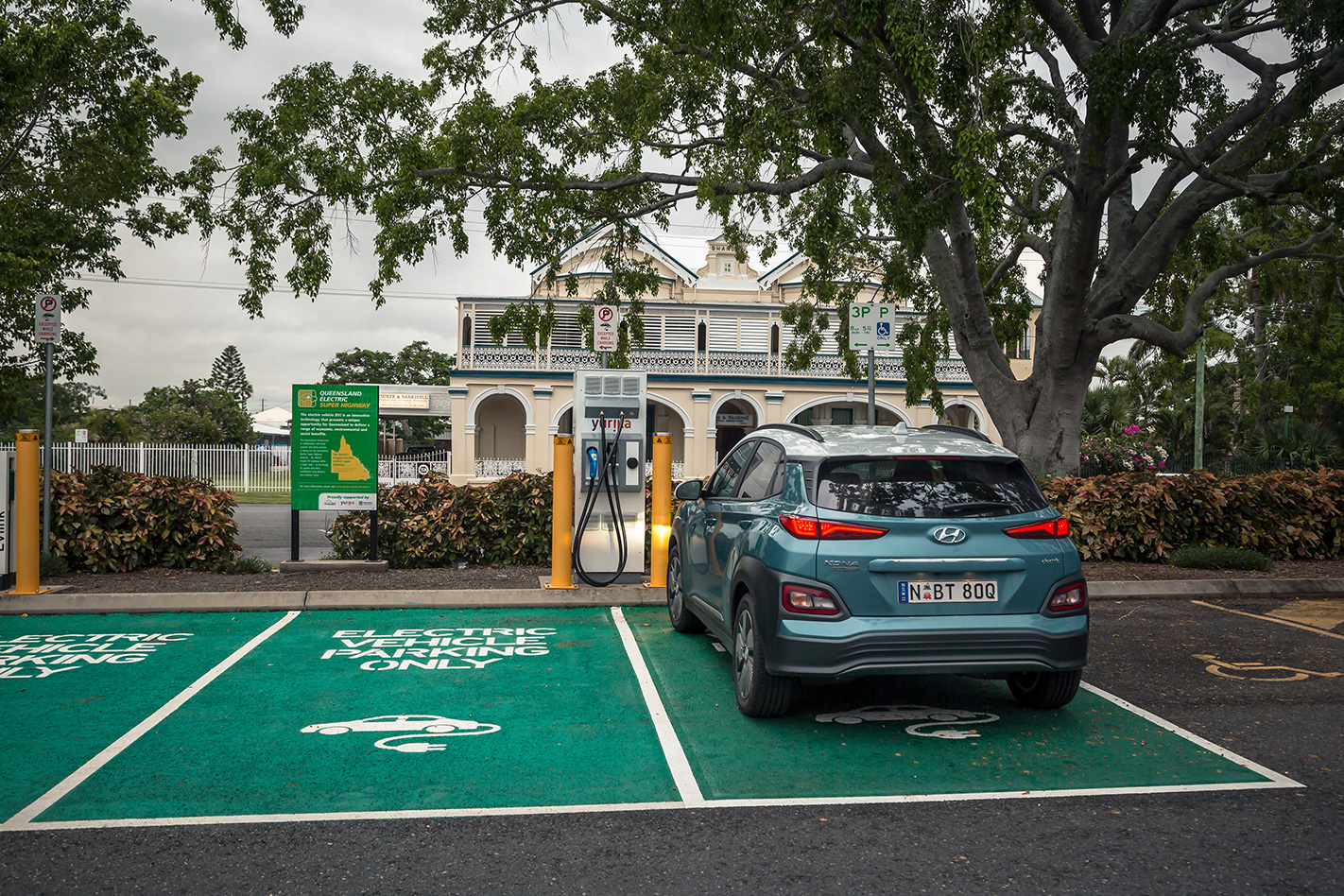
And please don’t even bother trying to pull the “Oh but what if I need to drive to Sydney from Melbourne?” counter punch. When was the last time you actually needed to? And if the answer doesn’t instantly invalidate your argument – as it does for virtually everyone I speak to – then combustion-powered vehicles will still be available to do that job until EVs can.
That’s the point. No one is coming to take your car away any more than diesel trucks have been confiscated in Germany (which hasn’t happened or is likely to happen, in case you were wondering though). If combustion power makes the most sense, then its future is safe.
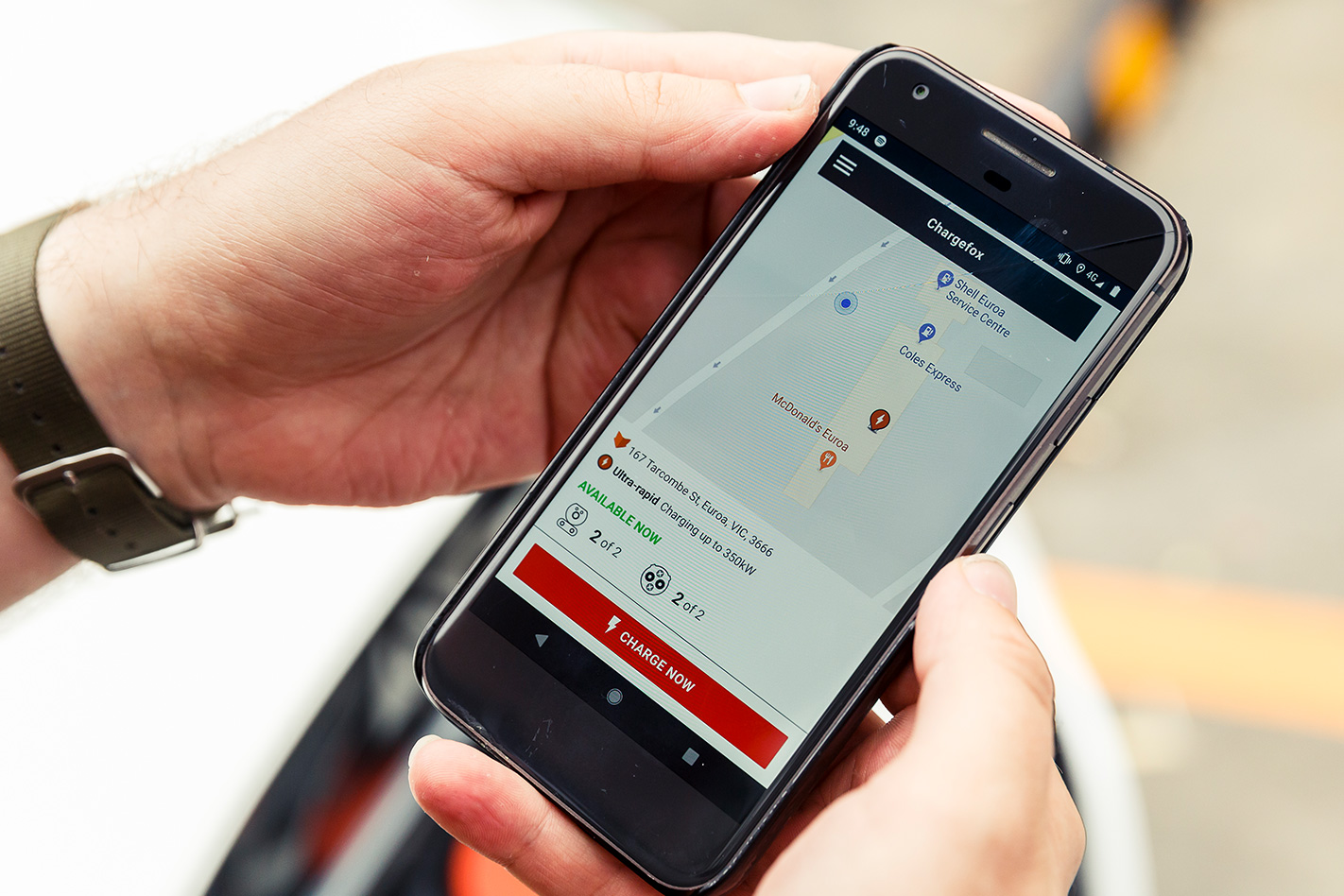
Jump the Channel from Germany to the UK and it’s the same story. The last time I was in London, overland public transport was almost exclusively powered by diesel and the result? Buildings stained cab-black and faces flushed bus-red.
But positive action from local and national governments alike is turning the tide. Today, 10 percent of London’s black cabs are hybrid and 3000 fully electric buses have hit the roads.
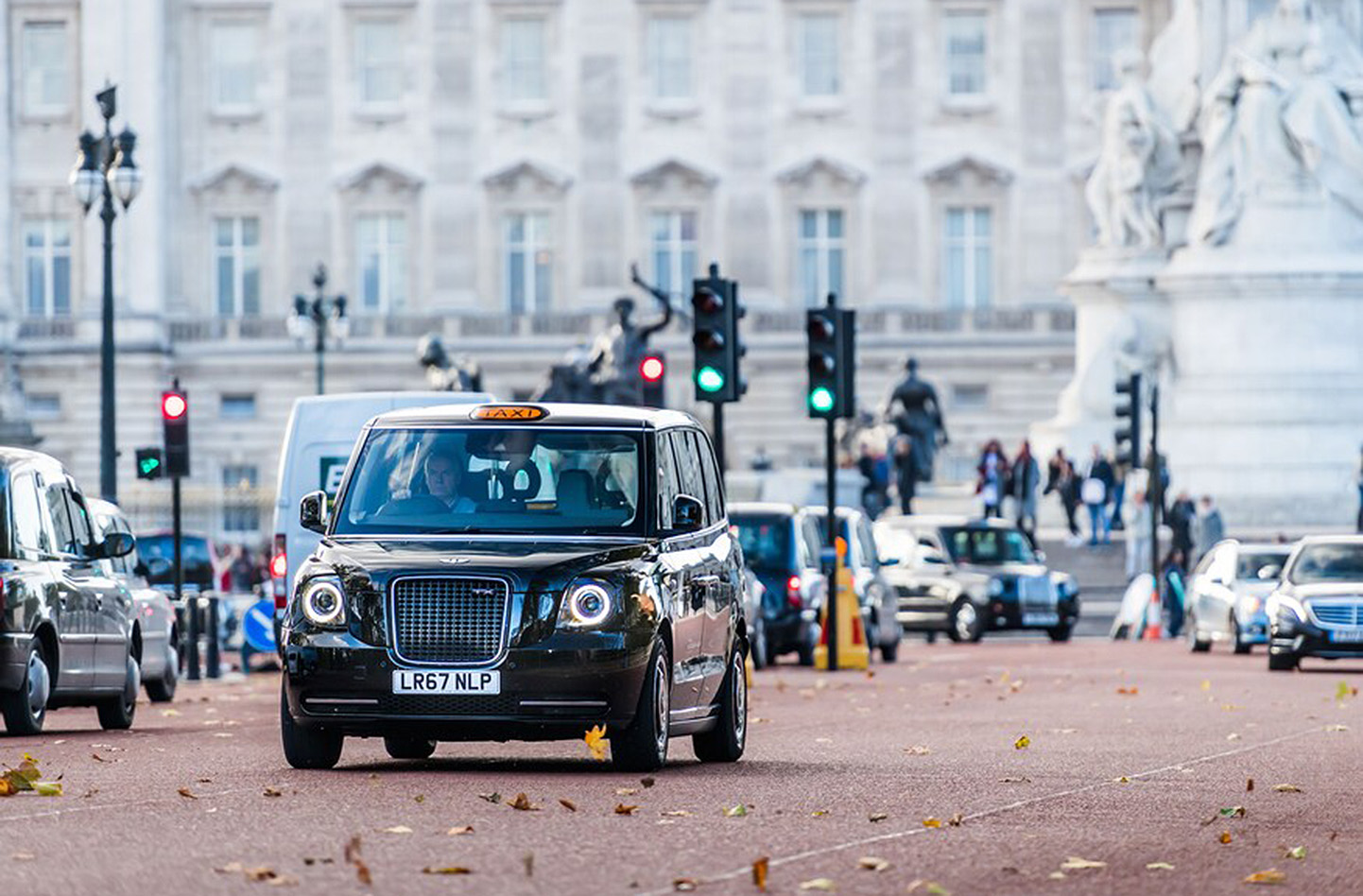
The company behind the hybrid cabs – The London Electric Vehicle Company – is struggling to keep up with demand as more cabbies make the switch to cheaper, cleaner and quieter vehicles. And there’s a fully electric LEVC model now on sale offering on-board WiFi, device charging and six seats.
Think about that the next time you jump in an Australian taxi that’s, at best, powered by a petrol hybrid.
Australian politics has failed EVs
Australia has a government that sees absolutely nothing wrong with digging millions of tons of filthy brown coal out of the ground and burning it to power the nation? A government that not only refuses to invest in renewable energy despite being one of the most suitable countries in the world, and instead favours more coal mines. And a government that offers car buyers no incentives to adopt electric vehicles, whether it be through relaxation of the Luxury Car Tax, road tolls or GST.

As long as the country is lead by politicians who harbour grossly unfounded EV prejudice then we will continue to languish embarrassingly behind the rest of the modern world. Perhaps even fall further behind.
MORE: What will be Australia’s EV sales tipping point?
During the 2019 Federal Election campaign, prime minister Scott Morrison claimed Australians don’t want electric cars because they prefer something with “a bit of grunt”. This suggests he hasn’t driven an electric car, examples of which include the Tesla Model S, which can crack 100km/h from standstill in a claimed 2.5 seconds, or the far more sensible Jaguar I-Pace SUV, which has 400kW and nearly 700Nm of torque.
Coincidentally, those output figures almost exactly match Morrison’s armoured BMW 7 Series – although the V12-powered German limo costs about four times more.
Or how about the minister for employment Michaelia Cash, who claimed the then-opposition leader Bill Shorten would force half of Australia’s hard-working tradies into electric cars if elected. “We are going to stand by our tradies and we are going to save their utes,” she said triumphantly.
In doing so, she expertly side-stepped the fact that:
- Tradies might not actually mind having an electric car
- Future generations of hybrid and electric vehicles actually make more sense to savvy tradespeople.
- We don’t live in a dystopian communist nation where the government will come and break your door down, shoot your dog and wrench the keys to your beloved Hilux from your trembling hand, nor was that the aim of Labour’s policy.
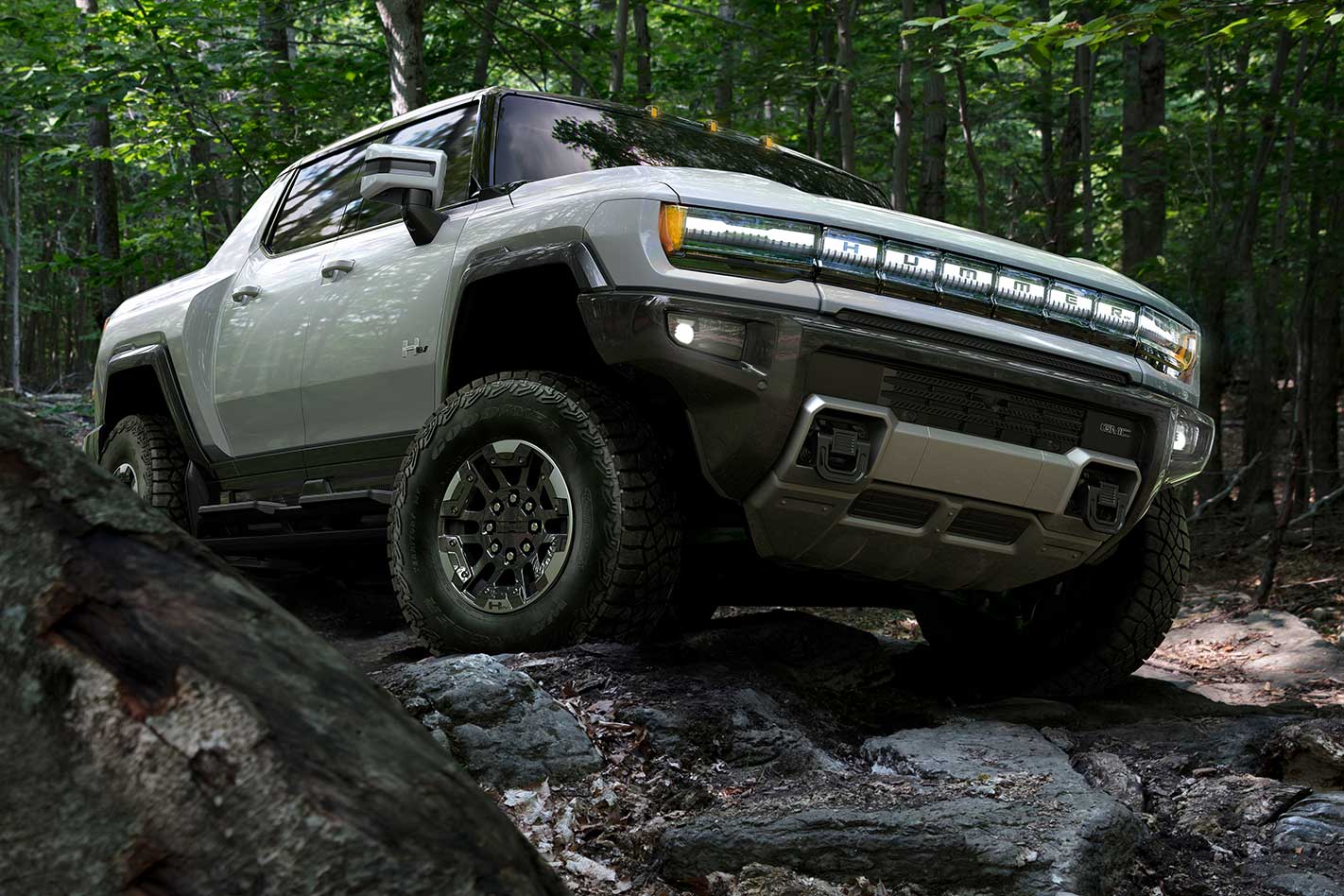
The transition to electric vehicles will be demand-driven and only at a point when the consumer decides they make sense. It will not be delivered at the business end of a cattle prod.
Alas, even a proponent from the other side of the campaign fence couldn’t get it right with the aforementioned Shorten failing to demonstrate even the most basic EV knowledge, including charging times “… it can take, err, eight to 10 minutes …” he fumbled.
Despite this rather public revelation, Richard Stobart – founder of one of the UK’s most innovative EV-supporting businesses chose to tweet a simple but telling message during the Australian federal election: “Vote Bill, save the planet,” he said.
Stobart is an EV pioneer who cracked the formula to install public charging sockets into street-light poles – genius. As a result, Char.gy has now boosted the UK’s charging network by 400 with a whopping 9000 more planned for the next few years.
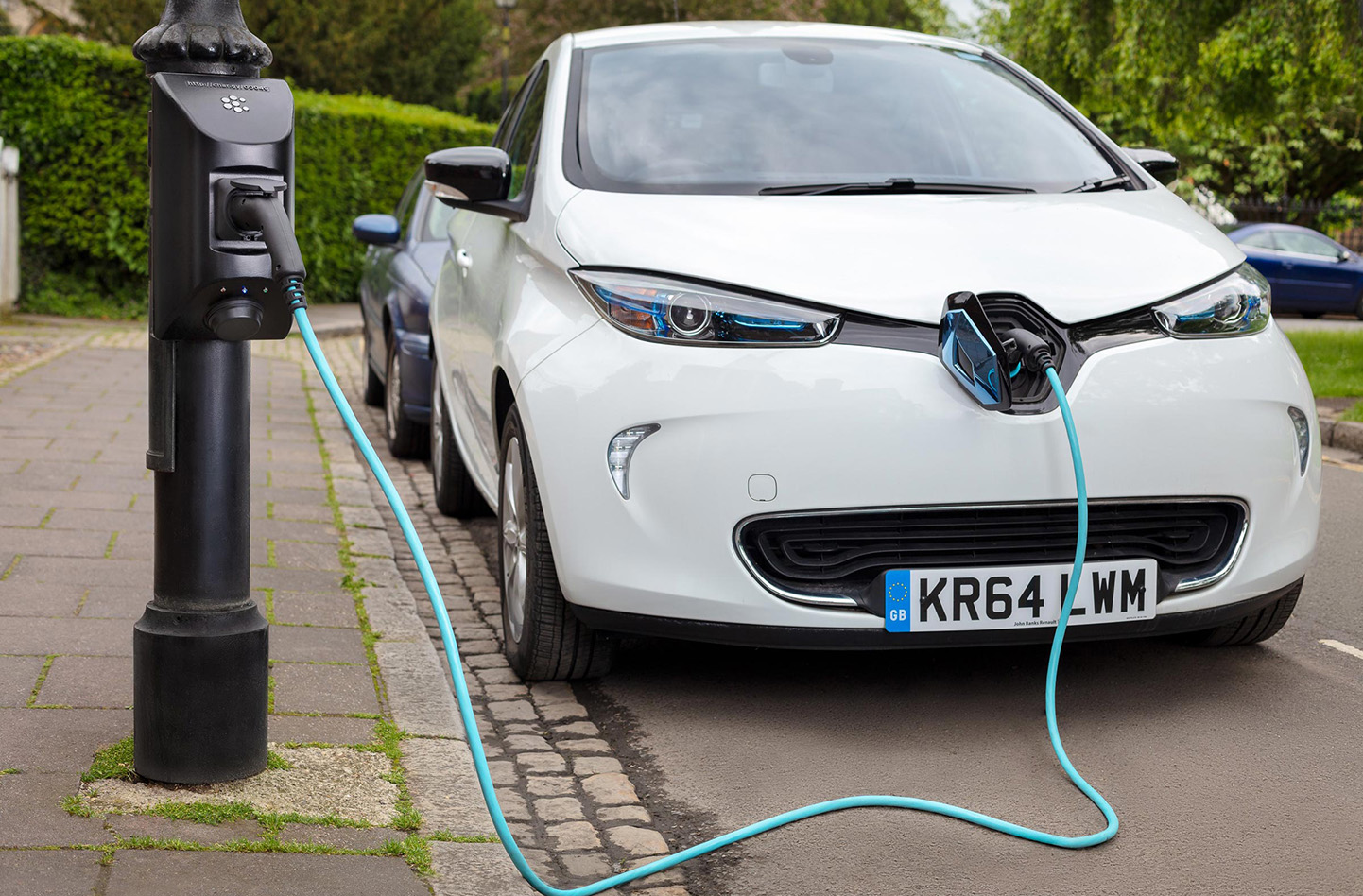
In Norway, electrification is so popular that combustion-powered cars will not be sold from 2025 and about eight other countries have aspirations to do the same in the coming years. Japan, California and Europe are paving the way for hydrogen fuel cell power with growing infrastructure.
More than 30 countries have introduced EV incentives, including England, California and China where there are comprehensive electrification strategies in place, not just handouts.
The list goes on, and on, and on… until you get to Australia, where Victorians and ACT residents are offered a small discount on registration. That’s it.
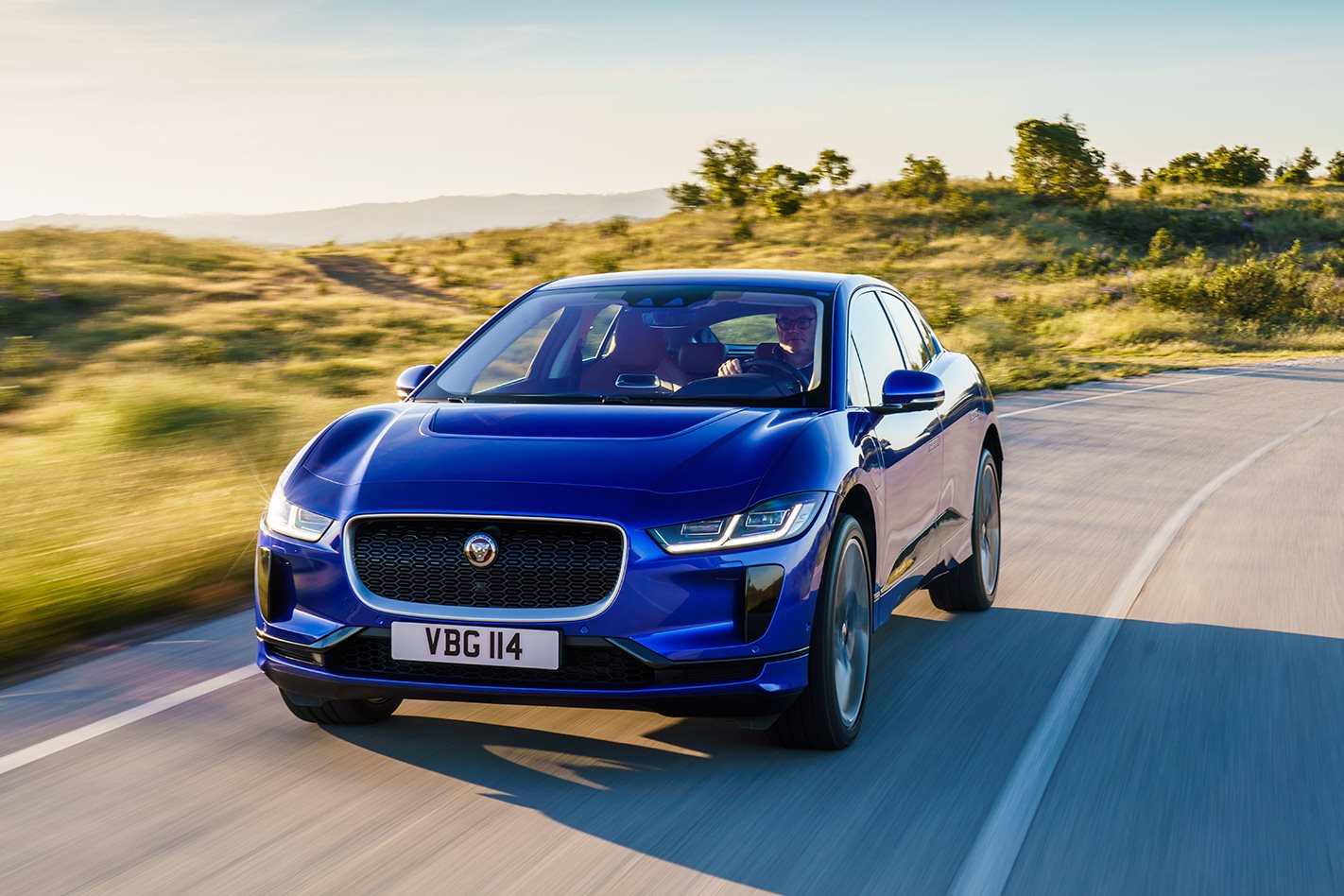
In all the countries that embrace electric cars, the revolution is not being powered by philanthropic, selfless environmentalists, the change is driven by the masses as consumers make a cost-driven decision to switch to cheaper, more efficient mobility that compromises little if anything.
And the only way the same will happen in Australia is with a concerted, sustainable government strategy, and a complete revision of our nation’s mentality.
Until then, not only is the world watching our feeble and downright ignorant attitude towards electric cars, it is having a damn good laugh at our expense too.


